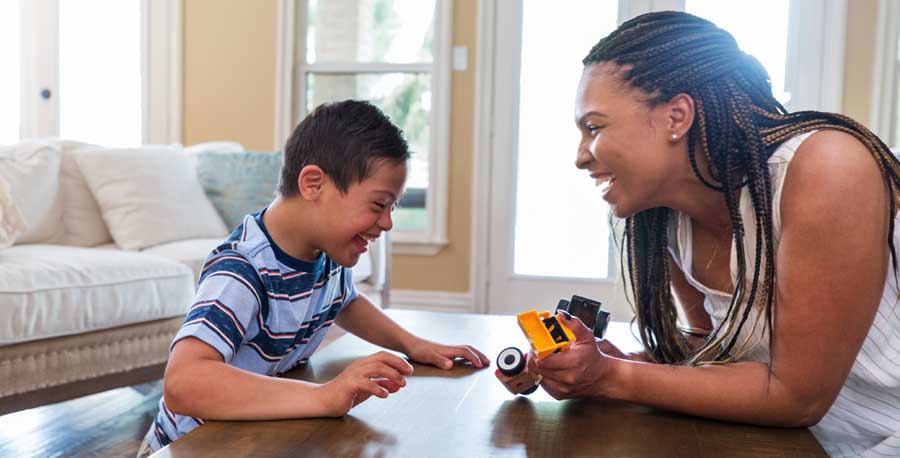Applied Behavior Analysis & Your Family

What is ABA?
Applied Behavior Analysis (ABA) is a therapy option used by many families with autistic children. First, ABA professionals measure and observe behavior. Then they use teaching, praise, rewards or added privileges to improve socially significant behavior. Socially significant behaviors can include:
Reasons why some families choose ABA
You can find ABA providers in our directory by selecting “ABA Therapy” in the first column. You can also contact one of our Family Resource Specialists for help. Reasons why some families choose other therapies
You can find other professionals in our directory too – or ask a Family Resource Specialist for help. | To learn more:Connecting for Kids (CFK) encourages families to learn as much as they can before choosing therapies. In addition to working with your child’s primary care provider, families should: Ask adults who share a diagnosis with your child.The CFK community includes many parents and caregivers with disabilities.
Ask other parents or caregivers whose children receive ABA therapy.The CFK community includes many families who use ABA with their children.
Ask an ABA professional.Before starting with any new professional, it’s a good idea to learn about their practice. These questions can help you to find a good fit for your family. Explore resources.
Choosing your path:It’s normal and natural to have strong feelings about the choices we make for our children. We want what’s best for them and we tend to agree with people who make similar decisions. Our strong feelings can also mean that we struggle to listen to people who make choices that are different from our own. We encourage you to listen to different voices so you can learn more. And remember, no matter what you decide, your voice is an important part of the CFK community. |
Back to Treatment Options List |